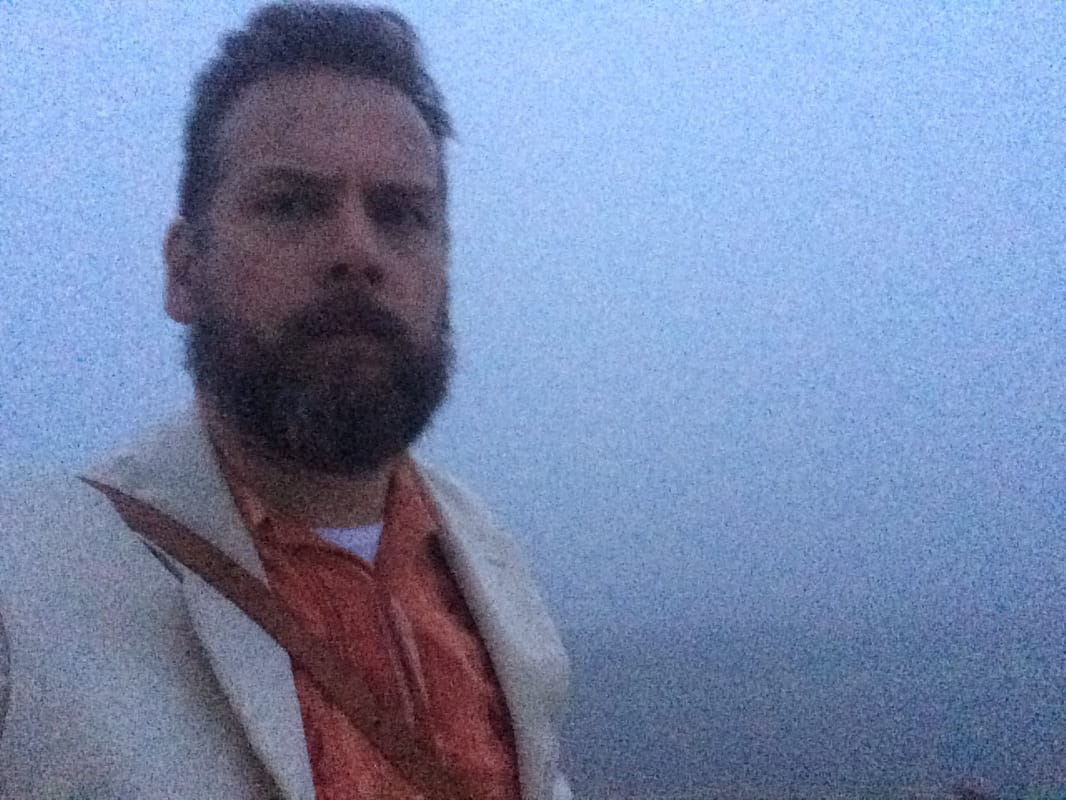|
Barry Lyndon is Stanley Kubrick's tenth feature film. It came after a series of magnificent successes capped by the the trauma of A Clockwork Orange, a film that Kubrick withdrew from distribution in England after death threats. The handsome adaptation of William Thackery's lesser known novel was greeted with praise for its technical accomplishments, but the film did not enter into the intellectual conversation of the time the way his previous three films had, nor did it win over large audiences, who perhaps not surprisingly preferred the more bite-sized Jaws. Not being an overwhelming success for Kubrick was an abject failure. He might bravely recite the European awards the film picked up and the praise garnered from intellectuals at the time to Michel Ciment, but the fact of the matter was, compared to every film he'd made since Paths of Glory, Barry Lyndon was something of a disappointment. For some, even for its supporters, Kubrick's film was slow, painterly, cold and featured a bland performance by Ryan O'Neal. And in retrospect it seemed the beginning of a decline. No film made afterwards, and each with a greater interval from the last, from The Shining to Eyes Wide Shut, would achieve unambiguous acclaim which he had once seemed to effortlessly win.
And yet, watching it again, I have changed my mind about this film almost totally. I had previously ranked it as a flawed masterpiece, now I'd ditch the qualifying adjective. First of all the film is funny. Although not the Tom Jones-esque romp the studio had been expecting and one of the posters seemed to suggest, the film is full of fantastic comic performances. Leonard Rossiter's clownish officer, Steven Berkoff's fingertip kissing fop, Patrick Magee's chevalier, the Reverend Runt, the highway robbers who pride themselves on their fairness and politeness. And the way money is mentioned all the way through the film stands as a wry running joke. From the courtship of Nora (by Quinn who's worth 15 hundred a year) through the soldier's bounty and the gambler's winnings to the final shot of Barry's annuity being signed over, money is a motivating factor for almost everything that is done. Even Bullingdon sees that he has let a fine fortune go to ruin, as well as having seen his mother dum de dum de dum. In the context of the broader comedy, O'Neal's performance makes sense. He's the tragic magnet towards which all the comedy is attracted; the quiet centre around which all else revolves. Watch the scene in which Redmond Barry disguised as an officer has a romantic candlelit dinner with a young German girl who's taken him in. The two adults speaks lines that are obviously a conventional romantic prelude, but the baby gives a comic performance as it gets increasingly irritated at not being fed. The summary given by the narrator seems needlessly cynical and cruel. Barry is not a rake and the woman is obviously not a strumpet, but the narrator wants them back firmly in their respective boxes. The progress of Redmond Barry is one step forward two steps back. The narrator, who seems at times to hold a grudge against Barry, repeatedly tells us that Barry decided from that time forth never to slip from the sphere of a gentleman, only for him to do exactly that. Even at his height, the title card that introduces Part Two of the film anticipates his decline. O'Neal plays Barry with a quietness all the way through. He has the eyes of a man who knows even at the height of his success that he is going to be found out. The look, for example, he gives George III who has dismissed him and all his efforts. He is an orphan, an outlaw, a deserter, a parvenu and, importantly, an Irishman. We never see him do anything particularly bad, except perhaps chastise Bullingdon his stepson, but in the thinking of the day his actions would not have been controversial. In fact, in the end he's remarkably generous in not killing Bullingdon. A lovely detail in the duel is the fact that the only close up of a detail comes with the bullet being put in the barrel of the pistol, to reassure us that unlike the second duel we saw, this is not going to be a fix up fought with plugs of tow.
0 Comments
Leave a Reply. |
AuthorJohn Bleasdale is a writer. His work has appeared in The Guardian, The Independent, Il Manifesto, as well as CineVue.Com and theStudioExec.com. He has also written a number of plays, screenplays and novels. Archives
March 2019
|
 RSS Feed
RSS Feed


